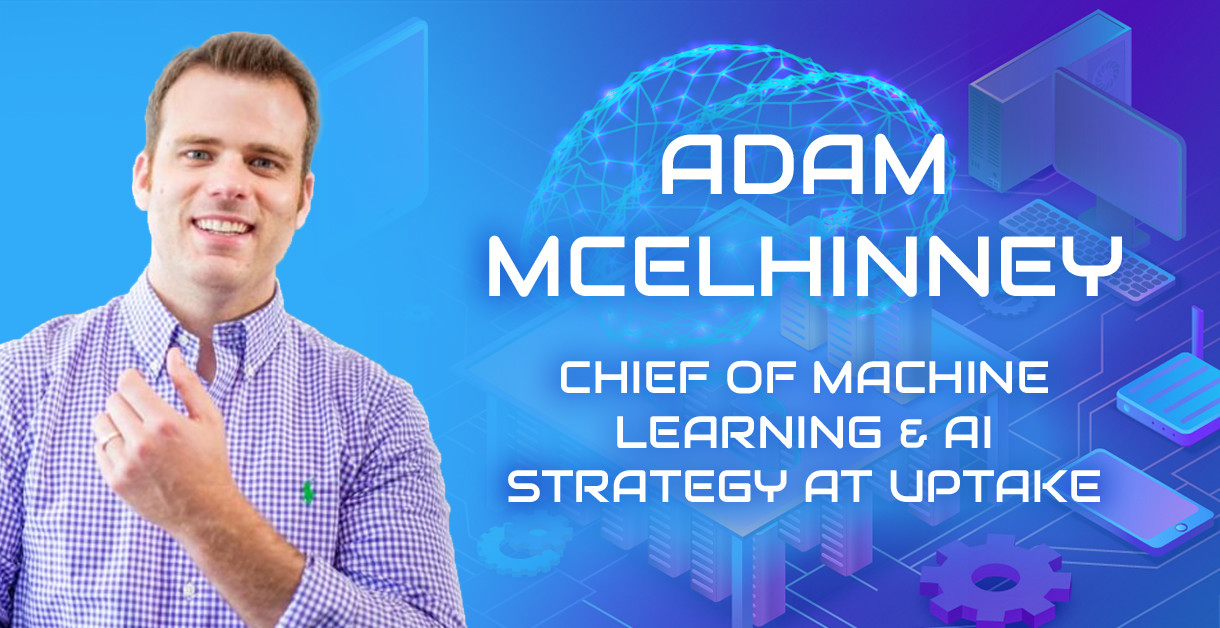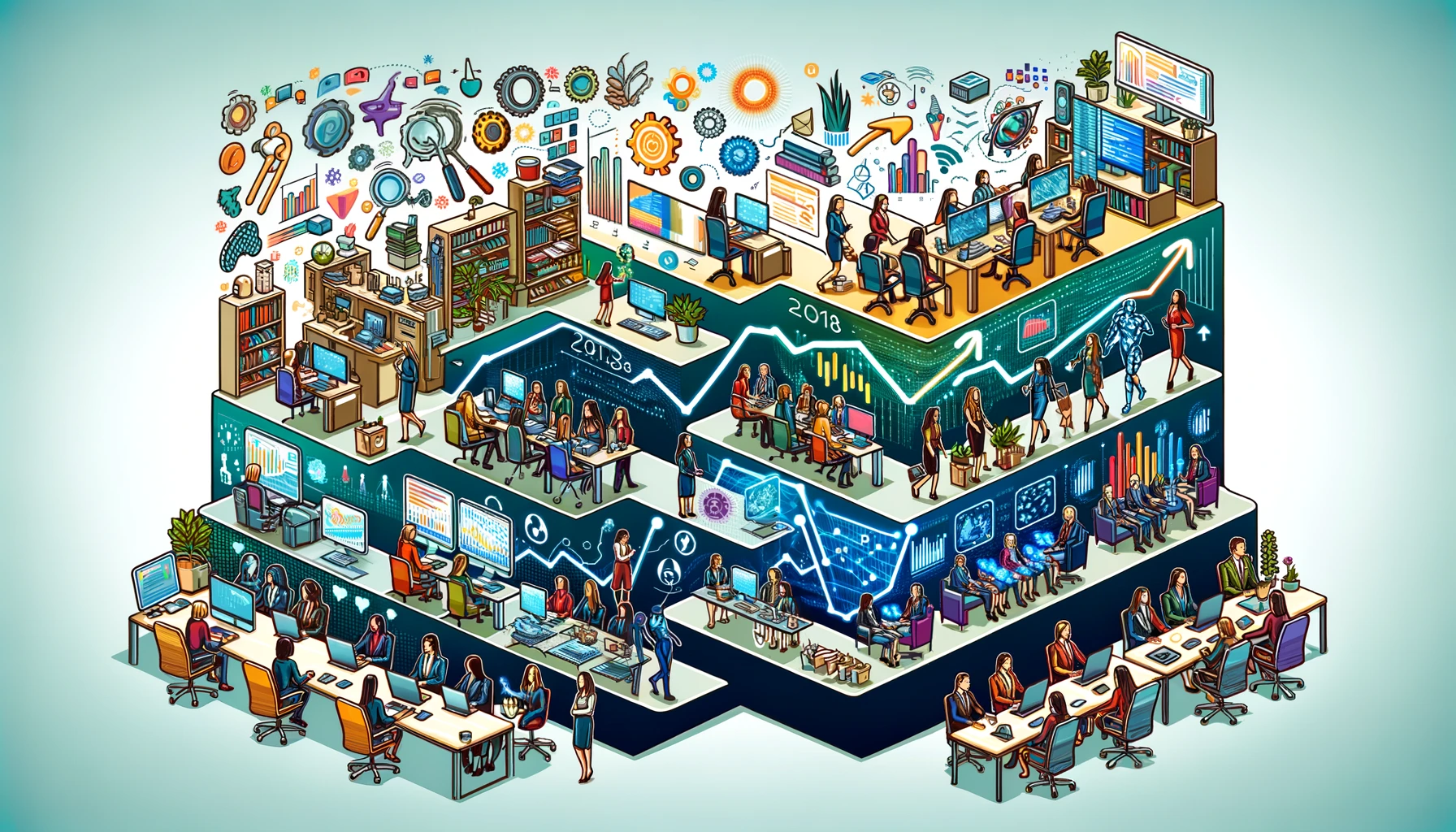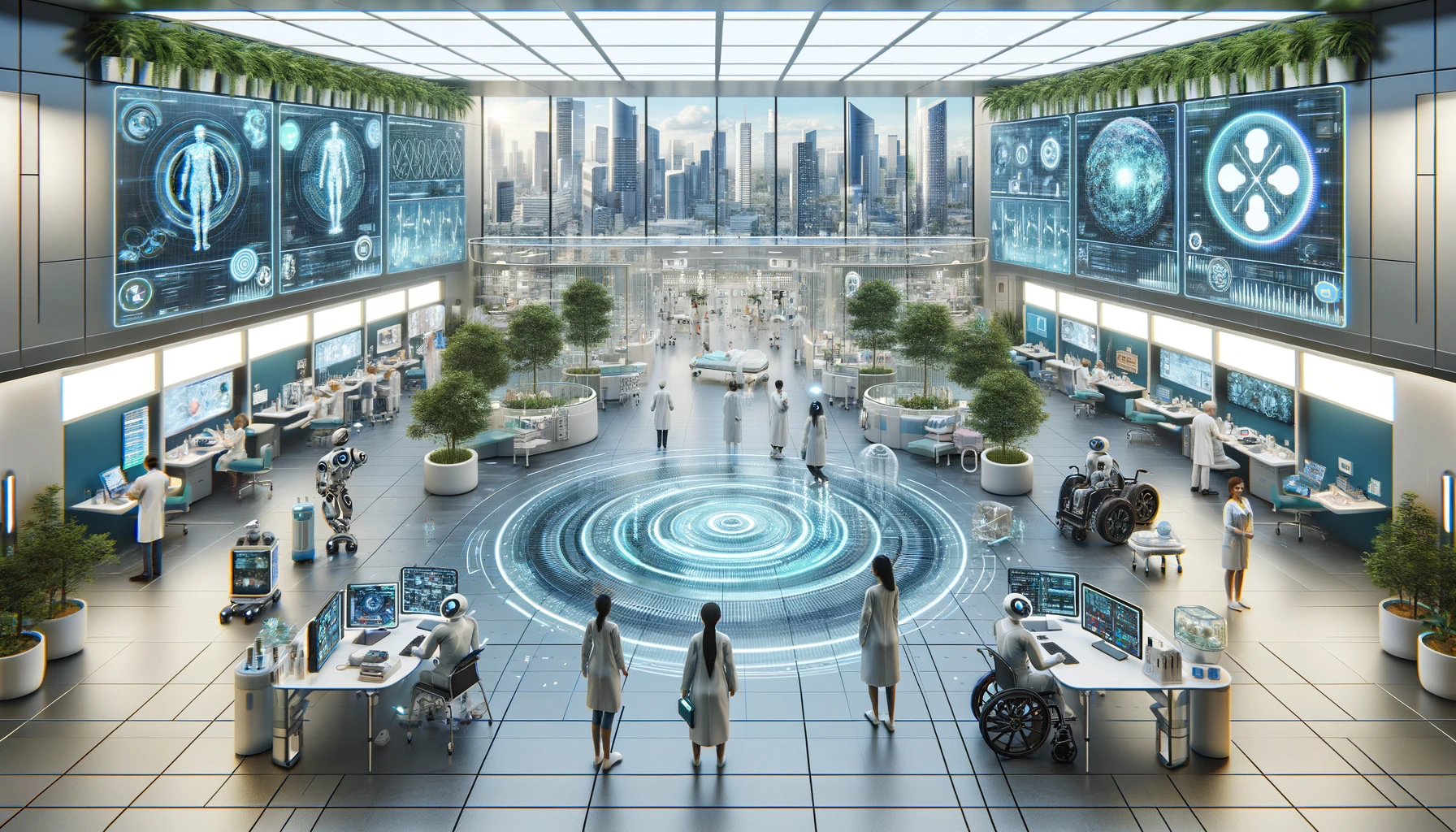
Let’s have part of our conversation within the context of Uptake’s business. Uptake serves industrial markets; what are the typical differences in operations twenty years ago compared to today?
ADAM: Uptake is an industrial AI company, and our forte is helping customers manage big machines that cost a lot of money when they fail or when they are not being utilized to their full potential. For example, we help railway companies manage their locomotives. If a locomotive fails on the tracks, it costs a lot of money.
Repair costs are high. But the bigger cost is the impact on operations because other locomotives can’t just drive around the failed unit. Everything is on hold until the unit is up, running, and out of the way. There is a good chance that this lapse in operation will rack up additional labor costs, or maybe the railway will be charged a penalty for a late shipment. The common thread of Uptake’s business is providing asset performance management(APM) for companies that operate equipment whose failure can have significant costs. big, expensive machinery.
Our technology also helps operate wind turbines for Berkshire Hathaway Energy. Its wind farm operators log in to our software to see wind turbine performance, the location of technicians, the turbine maintenance schedule, how much revenue each turbine is generating, and many other insights. But the secret sauce of our business is how we inject AI to make insights more powerful.
Twenty years ago, you mostly saw companies and users running machines to failure, then fixing them. Industrial enterprises then started doing preventative maintenance largely based on their expertise, intuition, or guidelines from the manufacturer.
Then industry started adopting what I call optimized preventative maintenance, where companies run optimizations and financial calculations to find the balance between performing maintenance tasks before they are truly needed, which adds unnecessary expense, and performing the maintenance too late, which leads to equipment failure.
Now we’re at the point where we can look at the underlying health of a machine using sensor data and make dynamic, real-time optimizations on the health of that machine.
Are some industry segments more open to applying artificial intelligence than others?
ADAM: Some companies are much more open than others to applying AI, but we also see industry-wide differences. Companies that tend to have higher margins, thus large costs when there is downtime, and operations as one of their core differentiators, tend to be more open to AI implementation than other companies are.
For example, the oil and gas industry is rapidly adopting AI. It’s been highly sophisticated, using advanced software and mathematical modeling in exploration for decades. We’re now seeing the industry start to leverage AI for production and distribution as well as for refining management. Energy segments outside of oil and gas, like renewable and thermal energy, have also been open to adopting AI.
When you look across the industrial market, it’s hard to think of a company or sector that isn’t harmed by equipment failure, even when operating under tighter margins. Why are some sectors not as open to applying AI?
ADAM: AI implantation requires foundational data. I continue to be shocked by the number of industries and companies that still use paper-based records. Obviously, without large sets of digital data, there is nothing to fuel the AI.
Some companies don’t see operations as a differentiator; therefore, maximizing operations may not be a top priority for their time and monetary investments. I believe maximizing operational efficiencies is critical for almost every sector and every organization will come to this conclusion when it is best for the health of their business.
Is there a clear differentiation between companies that are adopting AI and machine learning, versus those that aren’t?
ADAM: Absolutely. At Uptake, we work to quantify the exact value being delivered to our customers. Our machine learning algorithms operate on a closed-loop that helps them get smarter over time; for instance, we can show our executive sponsor the number of value-creating events triggered by our software.
To learn more about rapidly evolving artificial intelligence and other technological advancements, watch for upcoming TechDebates being held around the world.Sphere Partners, is a sponsor and organizer of TechDebates initiative and events globally.





